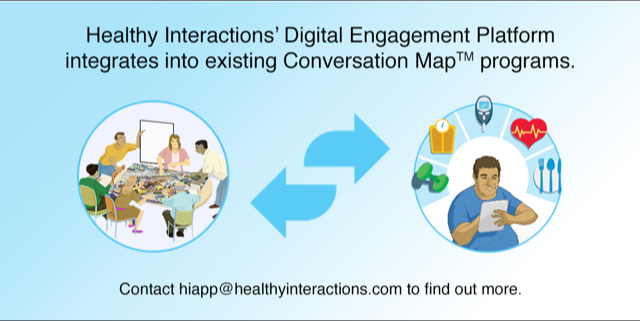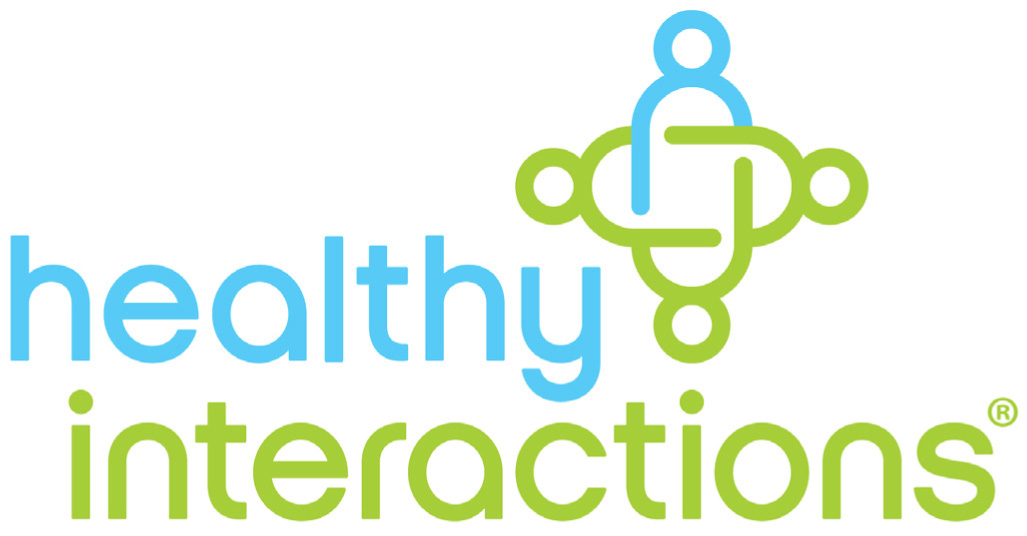How Pharmacies are Helping Patients with Diabetes
November 11, 2016 | By Christine Blank, Contributing Editor
 Already, many independent and chain pharmacists are trying to change diabetes outcomes by becoming diabetes educators and by counseling patients when they come into their stores.
Already, many independent and chain pharmacists are trying to change diabetes outcomes by becoming diabetes educators and by counseling patients when they come into their stores.
“Pharmacists need to do a lot more to help diabetics. It’s as simple as asking, ‘What is your reading today?’, said Jerry Callahan, owner of six Medicine Shoppe pharmacies in St. Louis, Mo. The Medicine Shoppe chain is owned by Cardinal Health. The pharmacies also have software that tracks patients’ blood glucose readings and other data, so pharmacists can advise them on how they can improve--or give them positive reinforcement when everything is going well, Callahan said.
Taking the pharmacist intervention piece further, Medicine Shoppe pharmacies also recently began offering classes for diabetic patients at its Chesterfield, Mo., store, in partnership with Cardinal Health and Healthy Interactions’ Conversation Map tools. The tools, developed in collaboration with the American Diabetes Association (ADA) and the International Diabetes Federation, are the most deployed diabetes education tools, with more than 80,000 diabetes educators receiving training globally.
At Medicine Shoppe, groups of three to five patients meet for three sessions in “fun and engaging classes that cover topics that make up the comprehensive diabetes self-management education program,” said Amy DeWein, PharmD, clinical pharmacist and diabetes educator at Medicine Shoppe in Chesterfield.
The conversation Map tools are colorful and highly interactive, with game-like activities to improve content retention and understanding, she explained. “These conversations add a really powerful element to forward movement with behavior change. We see the groups really supporting each other, and that goes a long way for motivation,” DeWein said.
In between classes, some participants use Conversation Map’s app to “stay engaged with me for coaching, tips, or to log specific metrics,” DeWein said. “Patients appreciate a pharmacists’ time, with our unique position to focus on the medications to address nonadherence and care gaps, while addressing individual challenges in their diabetes care.”
This type of diabetes education, which helps diabetics take control of managing their disease is “key to deriving greater value from existing diabetes treatments,” according to the IMS report. Other methods to improve adherence include identifying and profiling patients in need of help, improving access to customized education materials, maximizing engagement between healthcare providers and patients, and using digital technology to maintain effective disease self management, the report said.
After surveying 851 patients using the Conversation Maps tools, Healthy Interactions found that clinical outcomes are positive with an almost 1 percentage point reduction in HbA1c levels. “Map tools are highly efficacious in delivering self management-education as evidenced by significant improvement in glycemic control upon completion of the Map sessions,” according to Barbara Eichorst, MS, RD, Vice President of clinical practice at Healthy Interactions.
Other recent news
September 2, 2015
October 17, 2015
July 27, 2015
July 23, 2015
March 23, 2015
